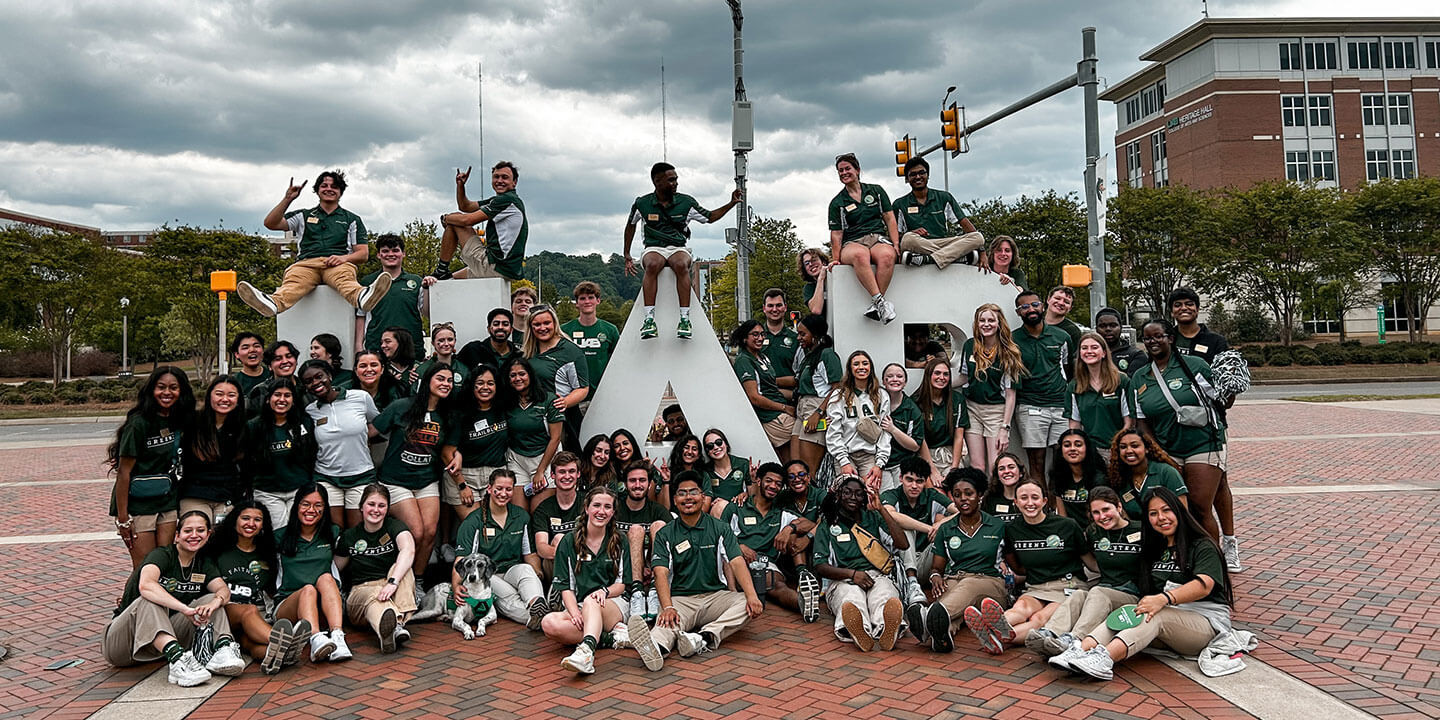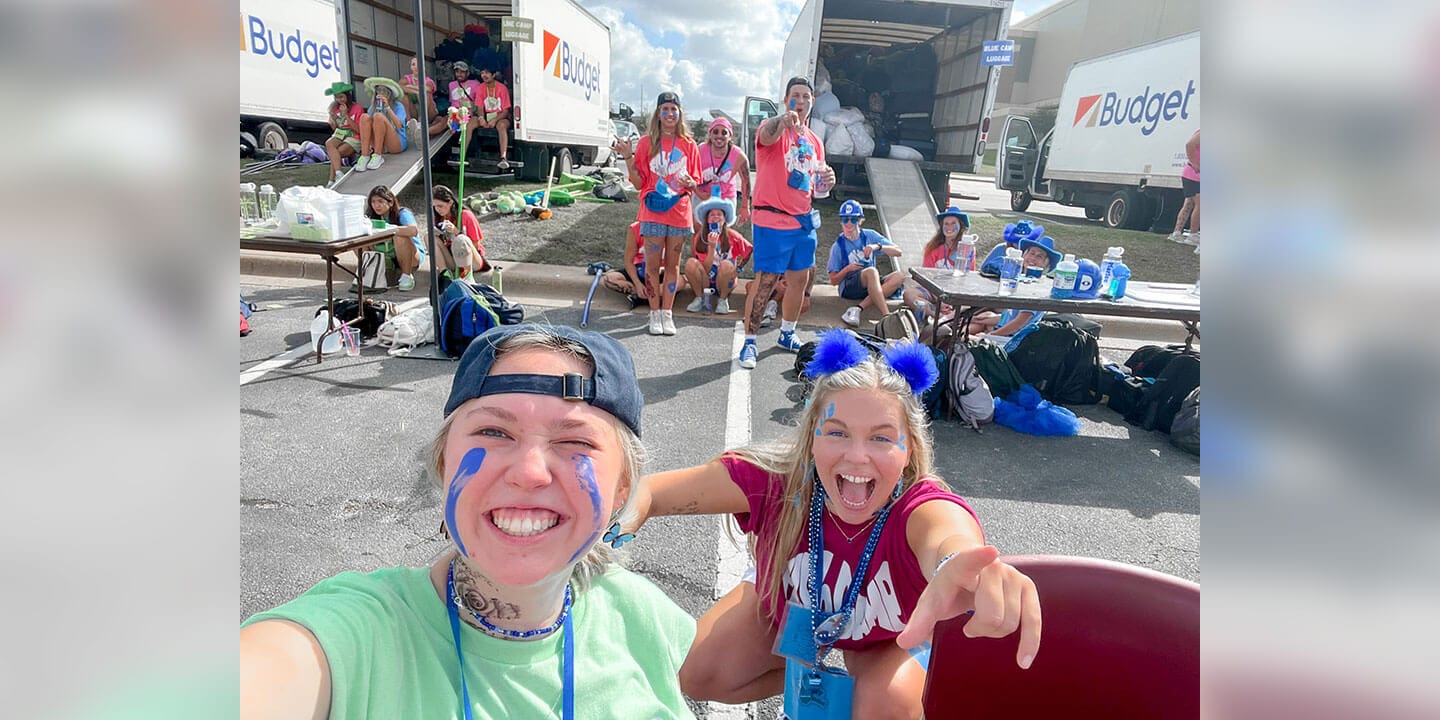
Navigating College Far from Home
Heading to college is an exciting yet uncertain time, as it marks the beginning of a new chapter filled with many unknowns. While it may seem intimidating at first, attending a college far away offers a wealth of opportunities for personal and professional growth. Here are some essential tips from a student who made the journey from Wisconsin to South Carolina.
Stay Connected with Family and Friends
Distance shouldn’t mean being distant. If frequent calls or conversations aren't feasible, use social media platforms or other unique ways to stay in touch. Personally, I have found LiveIn, Locket, Snapchat, BeReal, and Rave - Watch Party to be helpful. For those who enjoy phone calls, consider scheduling a weekly time to talk. Staying in touch with friends and family not only keeps you updated but also provides a sense of comfort. It's important to remember that some relationships may undergo changes, which is both expected and normal and does not diminish the love you have for each other.
Get Involved on Campus
Identify your passions and seek out organizations that align with them. The best decision I made in my freshman year was joining meaningful organizations. For instance, being passionate about sustainability, I joined Sustainable Carolina, a school organization dedicated to the cause. In my first semester, I had the opportunity to co-organize the Earth Day activities on campus. Joining clubs not only provides personal fulfillment but also introduces you to like-minded individuals. It is the easiest and most effective way to make friends. Moreover, the organizations I'm a part of have opened doors to numerous professional opportunities. You never know what you may gain from a club.
Explore
College offers amazing flexibility, with free afternoons or open Saturdays. Use this time to explore your campus, city, or surroundings. It doesn't have to be time-consuming or expensive; simply discover new study spots or try local restaurants. Nurture your curiosity and pursue engaging opportunities for immersion in your new city. Moving far from home may be uncertain, but it does present a wealth of places, people, and things to explore. Embrace all that college has to offer.
Be Confident, Be Brave
One of the most significant challenges I encountered when moving far away was learning how to step out of my comfort zone. If you are someone who struggles to meet new people, my best advice is to simply initiate conversations more often. Typically, individuals feel the same way you do and are eagerly awaiting someone to reach out to them first. Although starting a conversation requires courage, it is undoubtedly the most effective approach to making the most of your time. Moreover, it is essential to embrace challenging experiences such as joining competitive activities and enrolling in demanding courses. Approaching college with an open mind regarding the people, places, and opportunities is my biggest tip for experiencing success in college.
Heading to college far from home presents an incredible opportunity for growth, independence, and expanding your horizons. First, make an effort to stay connected with people from your past while also embracing the chance to meet new ones. Second, be active on campus and join meaningful activities. Third, explore your new surroundings, where you will reside for the next few years. Finally, try to exude confidence and bravery throughout this new chapter. By following these tips, you'll make lifelong connections and create cherished memories. Embrace the transformative journey ahead and savor every moment of college life.
Do you have a compelling story or student success tips you’d like to see published on the Pearson Students blog? If you are a college student and interested in writing for us – click here to pitch your idea and get started!







